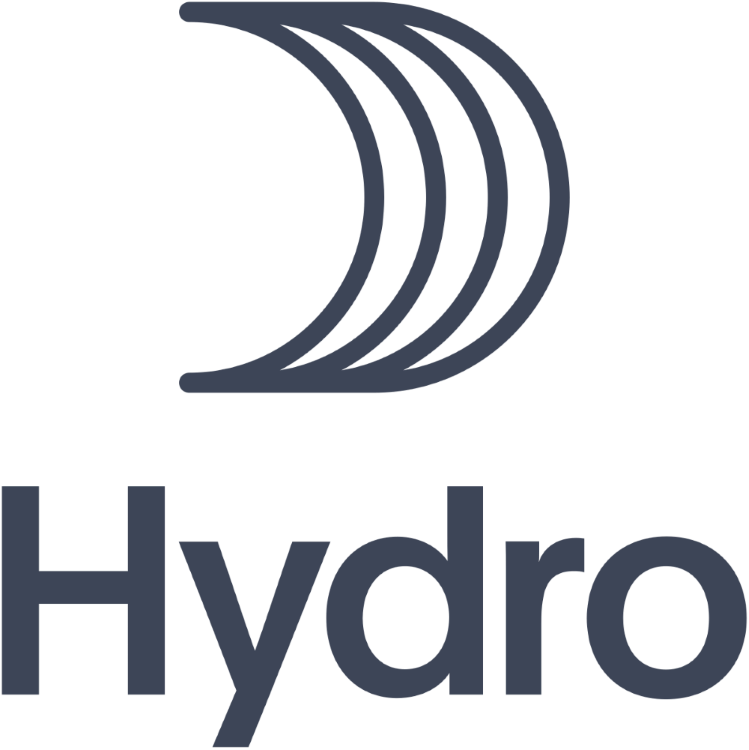

On May 8, 2025, Hydro, a Norwegian aluminium and renewable energy company, announced the closure of two of its extrusion sites in the United Kingdom (UK) and France. Decreased demand and subdued recycling margins in the downstream aluminium market are the major causes behind the site closures.

Image source: Wikipedia.com
The two facilities that Hydro is planning to close include an anodising facility in Luce, France and an extrusion site in Birtley, UK. Apart from this, the firm is also planning to cut down nearly 30,000 tonnes of its recycling capabilities in Puget, France. The relevant people have informed that the closure at the Birtley site will be completed by the end of June, and the Luce site will be down by the end of September. The Luce facility manufactures around 62,000 tonnes per year of recycled aluminium extrusion ingot, specialised in building and construction, transportation and automotive products.
Hydro in a financial note has warned of more closures in the near future, explaining "Ongoing weak market activity continues to tighten aluminium scrap supply, pressuring recycling margins and reducing re-melt production in Hydro Extrusions and aluminium metal recycling."
To address this downturn, Hydro has decided to cut hot metal cost by USD 20 to 30 per tonne in recycling by 2030. This initiative of the firm will accelerate the aluminium recycling rate by reducing one-third of the cost reduction set to be achieved by 2030, within a year.
The downturn in the downstream aluminium sector is evident in Hydro Extrusions’ Adjusted EBITDA, which declined by 18 per cent year-over-year, falling to NOK 1,174 million in Q1 2025 from NOK 1,437 million in Q1 2024. This decline was primarily driven by a sudden drop in extrusion sales volume, resulting from a 1% decrease in European demand, along with shrinking margins for recyclers.
Meanwhile, US tariffs have had minimal impact on Hydro so far. The company noted it has largely avoided the effects of these tariffs due to limited border-related risks, a strong reliance on domestic sourcing, and the ability to pass costs through to customers.
Within the core segments of the European automotive sector, Hydro Extrusions and Aluminium Metal hold a total of 15 to 20 per cent of the market share. Owing to this, the firm has lesser direct exposure to the potential US tariffs applied to the automotive sector.
CEO Eivind Kallevik, the CEO of Hydro, said: “While the looming trade conflict is expected to have limited direct impact on Hydro’s business, we are closely monitoring the situation and remain ready to adapt to market changes, particularly if reduced consumer confidence leads to broader economic uncertainty.”
Responses








